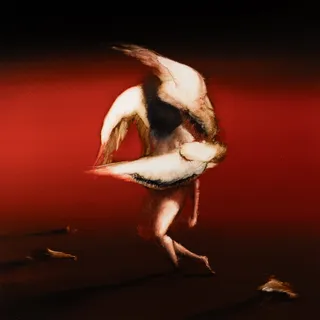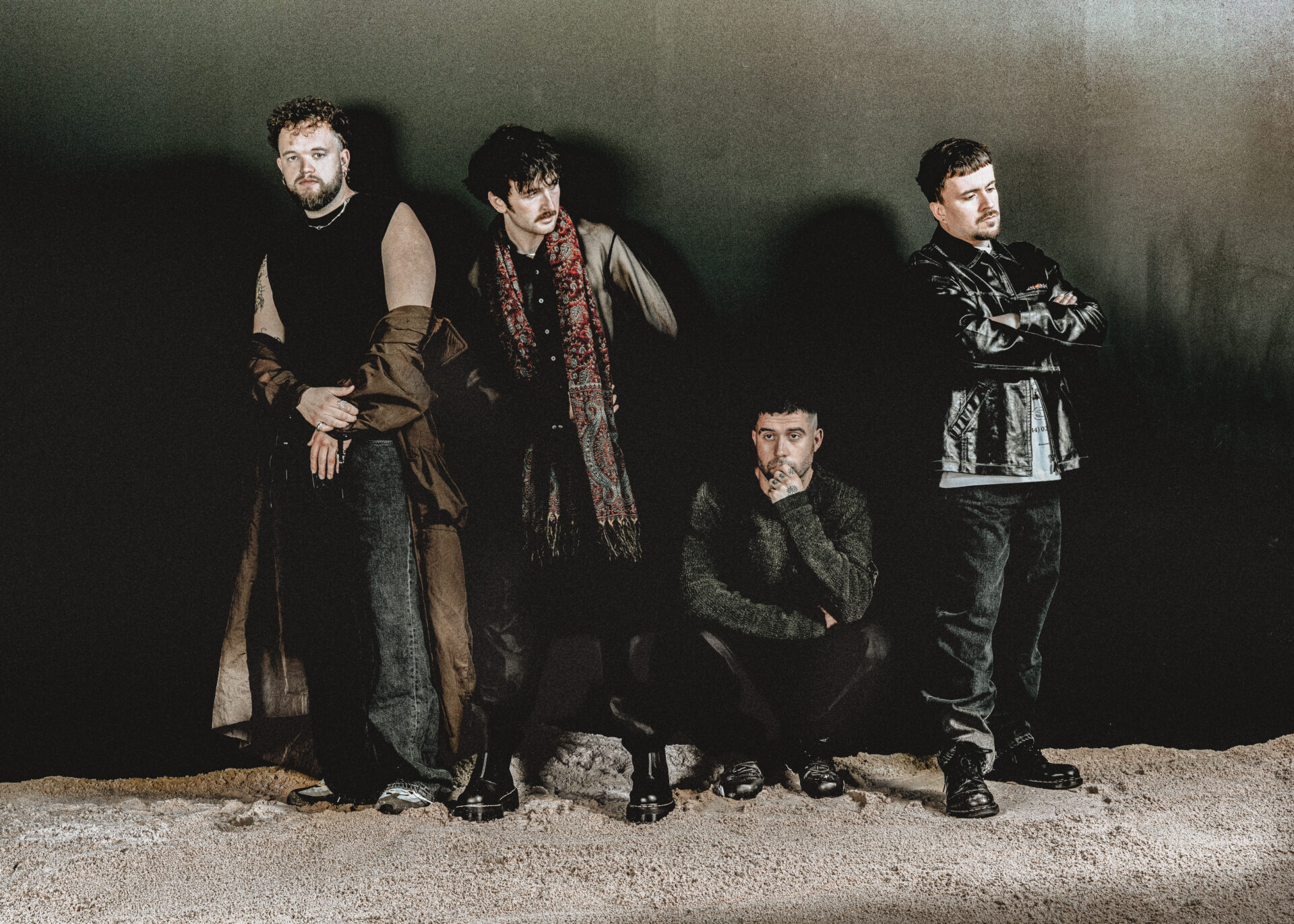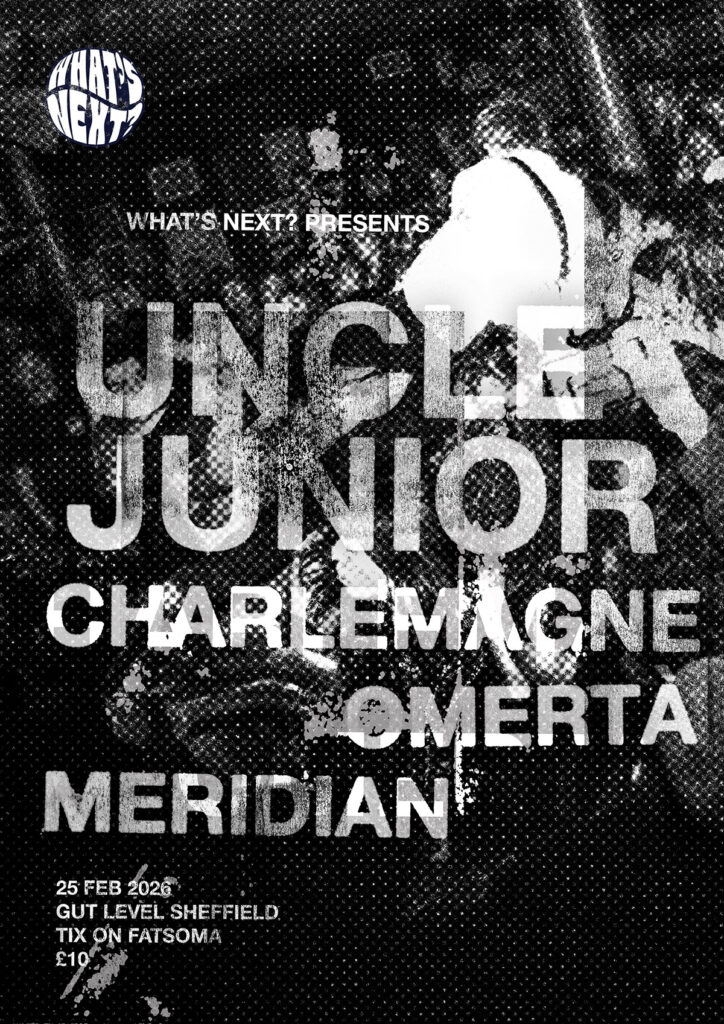maruja - pain to power

Forming from futility and falling into forlorn frustration with the state of society surrounding them, Manchester’s ferocious Maruja funnel their fury into their debut album, ‘Pain To Power’. A band whose prior output can only be defined as undefinable, Marjua boast a back catalogue darting between the urgency and aggression of ‘Knocknarea’, the expansive emotional soundscapes of Connla’s Well, and the heady hysteria of improvisation on ‘Tír na nÓg’. With such variety behind them, their debut had big shoes to fill.
As anticipation for an album festered to a fever pitch – fuelled by incendiary live shows and a standout feature on genre-bender Quadeca’s latest record – Maruja announced ‘Pain To Power’, and fans were ready. What they received was classic Maruja: nothing short of reinvention. The politics are sharper, the rhythms more raucous, the instrumentals more intricate. Maruja, more masterful.
Opener ‘Bloodsport’ serves like an overture, hitting you ruthlessly with what you’d expect from an album called Pain To Power – a radical rap-rock anthem reminiscent of hardcore legends Rage Against The Machine. High praise, no doubt, but praise that Majura more than earns.
They carry this energy into their 10 minute epic ‘Look Down On Us’, a scathing takedown the global elite – a group which frontman Harry Wilkinson depicts as monsters “Picking bones through their teeth caught between the meat, See the blood dripping down to the claws on their feet”, a line that crystallises the band’s mission of a musical revolution.
Then comes ‘Saoirse’, the emotional core of the album. In a record that tends to set its sights on the seedy underbelly of society, ‘Saoirse’ takes a more optimistic approach, evident in the more traditional instrumentation, Joe Carrol’s driving saxophone line, and the ballad’s burning lyrical refrain “It’s our differences that make us beautiful”. A rare moment of uplift within the fury.

At the halfway mark arrives ‘Born To Die’. Far from a Lana Del Rey tribute, it transforms into a tireless 10 minute track, featuring a spoken word performance from Wilkinson layered over a wistful, droning instrumental from the band – a palette cleanser before we plunge further into the playground of ‘Pain To Power’.
In stark contrast is the abusive and abrasive sound of ‘Can’t Break The Tension’. With a rhythm section helmed by drummer Jacob Hayes and bassist Matt Buonaccorsi, listeners are treated to a whirlwind of rejuvenated Jazz Punk – a sound that recalls Majura’s early work, whilst still managing to feel fierce, fresh, and fully original.
The standout, though, is Trenches. Rolling r’s, sharp screams, and a beat that could be lifted from a Massive Attack record combine into a concise cantata of the band’s essence. It distills the sound of the band expertly, whilst avoiding becoming post-rock-by-numbers – a true feat indeed.
The final two tracks, Zaytoun and Reconcile, function as something of a duology. Zaytoun, an instrumental mood-builder, recalls the quartet’s Tír na nÓg EP, a reminder of a staple Maruja sound that had, until now, been absent from the record. Then comes the closer, Reconcile; if Bloodsport hinted at the album’s intent, Reconcile is its full, furious realisation: blaring guitars, bustling drums, and poignant spoken word passages coalesce into Maruja at their most complete. A fitting finale to a remarkable debut.
Words: Asa Hill Photo: Samuel Edwards


